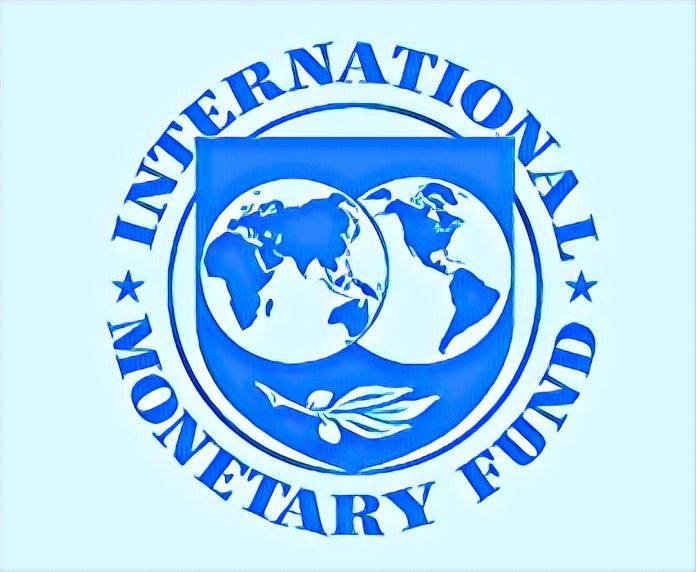KEY POINTS
- The IMF projects Nigeria’s external debt will reach 25% of GDP by 2025.
- Rising debt levels could impact Nigeria’s fiscal stability and economic growth.
- Experts urge fiscal reforms and diversified revenue to manage debt sustainably.
The IMF has pointed out that Nigeria’s external debt is expected to rise to 25% of Nigeria’s GDP by 2025 and different areas of worries ranging from fiscal sustainability to the adverse effects on the Nigerian economy.
While Nigeria’s debt continues to accumulate, the IMF has warned that the country may encounter some economic difficulties unless it takes preventive action against debt.
Debt and economic consequences
The debt picture in Nigeria has significantly grown over the years as the government resorts to borrowing to finance its budget shortage and important multipurpose infrastructural projects.
This trend has however been ramped up by global economic factors and internal factors such as low oil revenues. This paper aims to establish the importance of oil revenues to the Nigerian economy since the latter is the former’s largest source of foreign exchange.
As BusinessDay reports, the IMF’s forecast shows that Nigeria should be cautious about its borrowing plan while pursuing economic growth.
Economists have noted that if Nigeria’s debt to GDP ratio gets to 25% by 2025, the government may be constrained in its ability to finance core public services and sustainable development objectives especially if debt-servicing costs take up a large share of government income.
Request for fiscal changes and diversification
The IMF’s advice for Nigeria has been that the country needs to focus on fiscal consolidation to decrease its reliance on debt as well as improve revenue mobilization. Reducing the economy’s reliance on oil has been a goal for Nigeria for years, but the process has been gradual.
The government through enhancing other sources of income to the government such us taxes from agriculture, technology and manufacturing among others then Nigeria will not have to rely much on debt to finance its expenditures.
The IMF also recommends that Nigeria strengthens its policies on the management of debt. Proper management of debts together with proper disclosure of the information could go a long way in improving the investor confidence and thus improving the fiscal stability of Nigeria.
Furthermore, IE through increased mobilization of domestic sources of financing may assist Nigeria in avoiding external economic shocks.
This paper focuses on sustainable debt management strategies.
According to the experts, borrowing can be used as a source of financing, but it should be used together with measures to stabilize the debts.
Focusing on projects with higher macroeconomic payback period could help Nigeria deliver on repayment of debt obligation in the long run by for instance building infrastructure that boosts trade and investment. In addition, the policies that increase effectiveness of spent money as well as fight corruption might enhance the initially borrowed money’s effectiveness and avoid the money’s wastage.
As Nigeria’s debt is expected to rise further, the government has the problem of how to adopt changes that will meet its current requirements while at the same time maintaining fiscal stability.
So if Nigeria is willing to avoid the above-discussed economic malice of too much debt then it should try to follow certain policies like diversifying the revenue sources and better management of debts.



